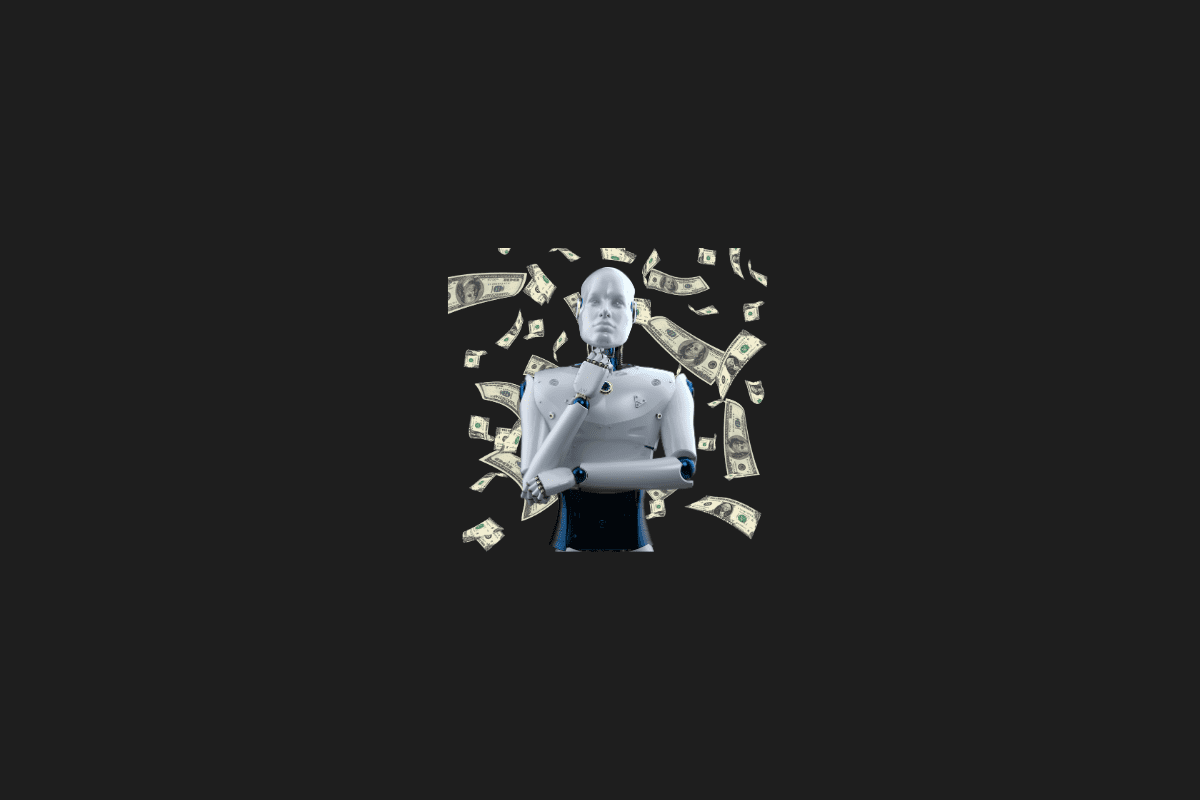The Metaverse is anticipated to attract 5 billion users and generate a staggering economy of 13 trillion dollars by the year 2025. The report titled “Metaverse and Money” was recently released by Citi this month, providing a comprehensive overview that delves into the definition of the Metaverse, necessary project developments, and case studies.
Drawing on insights from industry leaders, the report aims to serve as a thorough guide for those seeking to comprehend the Metaverse. Let’s explore some of the key highlights outlined in the report.
5 billion users and 13 trillion dollars economy by 2025
As per the report, the Metaverse economy is projected to encompass 5 billion users and attain a valuation ranging between $8 trillion to $13 trillion by the year 2030. Notably, the report addresses a common question, “What is not the metaverse?” and reinforces the argument that the Metaverse should not be confined to an environment accessible solely through Virtual Reality.
Metaverse won’t be accessible in VR only
As outlined in the report, the Metaverse is envisioned to provide an accessible environment from desktop computers, game consoles, and mobile phones.
The estimate of 5 billion users takes into account the significant inclusion of the mobile user base. The report emphasizes that if the Metaverse were exclusively accessible through VR glasses, the potential user base would be limited to 1 billion
5G problems
Highlighting the need for infrastructure development, the report underscores the critical importance of connection speed, with a specific emphasis on minimizing latency. By 2025, it is anticipated that only 25 percent of the world’s population will have access to 5G.
How many metaverses will there be?
According to the report, if the majority of users access the Metaverse via mobile phones, the operating system is likely to be uniform. The report points out that hardware manufacturers will play a crucial role as significant gateways to the Metaverse.
Citi anticipates a division among countries in the Metaverse, similar to the current structure of the internet. While China maintains a structure with firewalls and bans, the rest of the world, including the USA, operates with international open access. Additionally, Citi notes that within the realm of business models, there will be distinctions between centralized and decentralized Metaverses.
Blockchain and Web3’s relationship to the metaverse
The report provides clarification on the concept of Web3, signifying a shift in the internet’s focus towards ownership and decentralization. It asserts that the relationship between the Metaverse and Web3 has evolved with a focus on these concepts. The report explains that the Metaverse, constructed on the Blockchain (specifically, the Ethereum chain) and intertwined with Web3, is termed the “Open Metaverse.”
It’s important to note that many Web2 central platforms can still play a significant role in the Metaverse. The report underscores that even Web3, as of today, relies on central elements.
Who wants Web3 – users or investors?
While initially envisioned as a decentralized and democratic internet, Web3 currently raises some concerns regarding implementation. The report indicates that the majority of users prioritize a better user interface, enhanced user experience, and superior content.
Examining current Web3 solutions, the report notes that these solutions fall behind the applications provided by Web2. Many, including users in the gaming ecosystem, reportedly do not favor the transformation of online time into a financial structure through tokens and business models, according to the report.
NFT’s role in the Metaverse
We have covered this topic extensively in our articles, videos, and events. However, it would be useful to incorporate Citi’s perspective. Digital assets such as NFTs will provide a specific type of ownership in the Metaverse for their holders.
NFTs will be tradable, mergeable, immutable within the Metaverse, and often interoperable with other Metaverse initiatives. NFTs in the Metaverse will be positioned as virtual items stored in a digital wallet that can be carried anywhere within the Metaverse.
MetaFi: Metaverse DeFi
According to estimates shared by Citi, the future Metaverse will digitally encompass more native tokens while accepting relatively more traditional forms of money.
The concept of money can have a diverse and volatile nature in the Metaverse, including in-game tokens, stable currencies, central bank digital currencies, and cryptocurrencies. Currently used payment systems are insufficient for the Metaverse.
That’s why Citi believes decentralized finance systems (DeFi) will coexist with existing traditional financial systems.
Metaverse-as-a-Service
In our previous articles, we talked about the importance of Metaverse initiatives working together, both in terms of visual graphics and communication, as well as data transfers. We have emphasized that there is currently insufficient infrastructure in this area and the need for the development of protocols.
Citi also addresses this issue in the report, introducing the concept of “Metaverse as a Service” (MaaS). The report highlights that, similar to Fortnite’s presence across iOS, Android, Xbox, and Playstation ecosystems enhancing competitiveness, collaboration and interoperability among Metaverse platforms are crucial.
Currently, even though Web2 technology giants like Apple and Google offer similar technologies, switching between platforms is not feasible. For a scalable Metaverse, interoperability is essential, and Metaverse-as-a-Service is seen as a solution to enable companies to create their own Metaverses through standard protocols.
It’s worth noting that the issue of connecting central applications with bridges is still under discussion, particularly within the framework of EU laws, and examining the ideas presented in the Digital Markets Act related to linking messaging apps could provide further insights.
Metaverse’s Legal Processes
According to the report, if the metaverse is considered an iteration of the internet, it will likely come under the scrutiny of global regulators and politicians. It is anticipated that many challenges faced in Web2 will be magnified in the Metaverse, including content moderation, freedom of expression, and privacy concerns.
Additionally, the blockchain-based Metaverse is expected to encounter evolving regulations related to cryptocurrencies and decentralized finance (DeFi), similar to the legal developments observed today.
